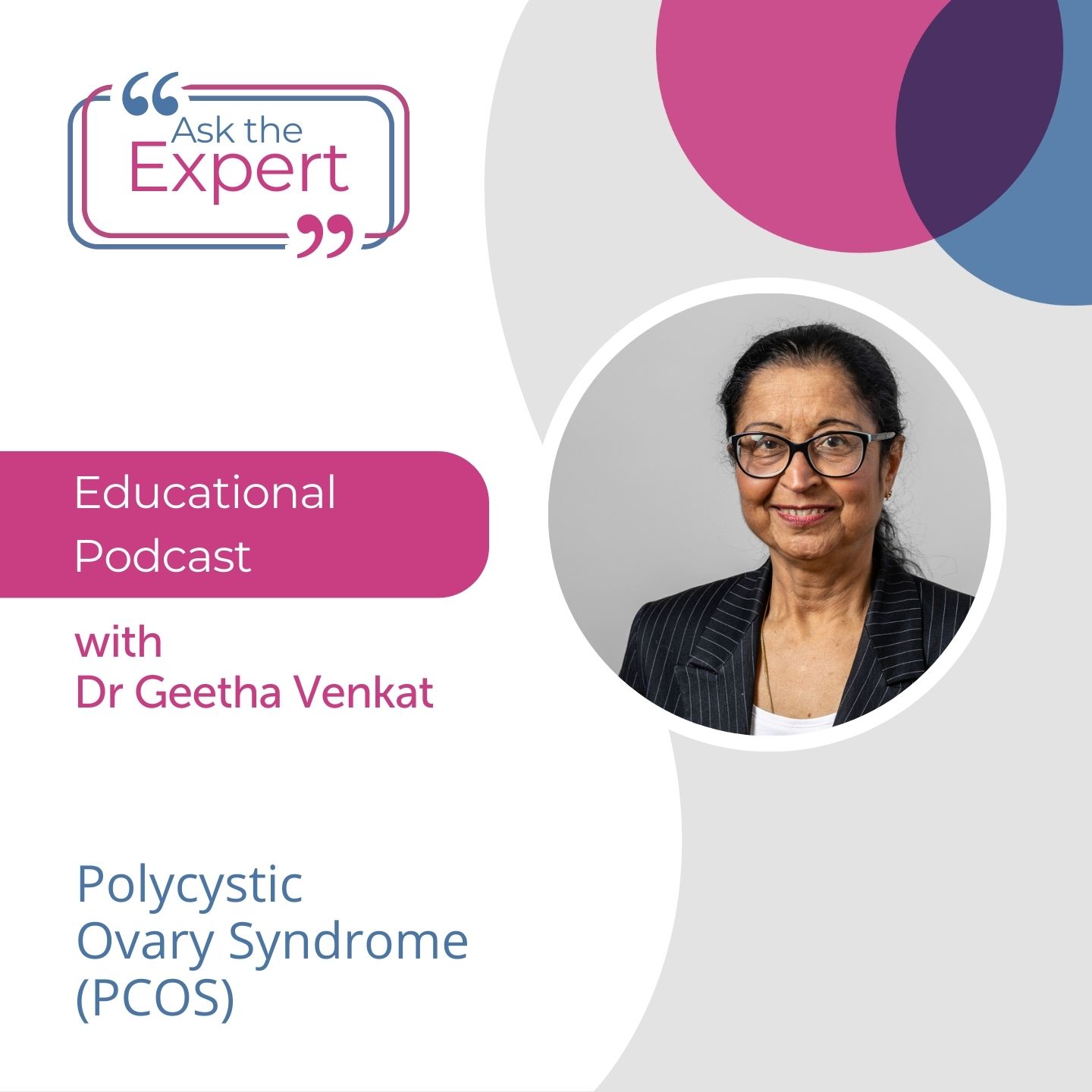
26 August 2022
Polycystic Ovary Syndrome
September marks Polycystic Ovary Syndrom (PCOS) Awareness Month.
What is PCOS?
Polycystic Ovary Syndrom (PCOS) is a “common condition that affects how a woman’s ovaries work”, as stated on the NHS website and it can affect as many as 1 in 10 women. The most common symptom of PCOS is lack of a regular menstrual cycle. The contraceptive pill can mask the symptoms of PCOS, so many women don’t realise they have this condition until they come off the pill.
How do I know if I have PCOS?
Symptoms of PCOS include:
- Irregular periods – your ovaries are not releasing eggs regularly.
- Excess androgen - high levels of ‘male’ hormones in your body, which may cause physical signs such as excessive facial or body hair.
- Polycystic ovaries - your ovaries become enlarged and contain fluid-filled sacs (follicles) that surround the eggs. An internal scan can tell you if you have these fluid-filled sacs on your ovaries.
If you have at least 2 of these symptoms, the NHS will class you as having PCOS.
How does PCOS affect Fertility?
PCOS is one of the most common causes for female infertility. PCOS causes a female’s hormones to become imbalanced and in turn, this can affect how a woman ovulates.
How can I treat my PCOS?
There is no cure for PCOS, however, specialist medical professionals will be able to prescribe medication to help induce ovulation and control the physical side effects of PCOS such as excessive hair, oily skin, or acne.
It has also been shown that a healthy BMI helps to control the side effects of PCOS. Eating a balanced diet of low GI foods, that help to regulate the insulin in your body, can help.
If you think you might have PCOS, do not hesitate to contact us to see how we can help you.
Educational podcast about PCOS
Dr Venkat, Director and Senior Consultant at HSFC, discussed PCOS in one of our educational podcast. The podcast gives an overview of the condition, and is answering important questions such as causes, treatment, cure, and how PCOS affects fertility.
The podcast also gives hope to women who have PCOS and thinking of having a family. “We have had patients with PCOS who ended up having healthy babies,” says Dr Venkat in the podcast. “With special measures in place, there are high hopes for successful pregnancies for women suffering with PCOS”.
If you would like to take the first steps in assessing your fertility status, we would love to hear from you. We have an experienced, passionate, and committed clinical team, as well as fantastic patient support.
When you are ready to start your fertility journey with us, please email our friendly team at info@hsfc.org.uk or call us on 020 7436 6838. We are looking forward to hearing from you.


